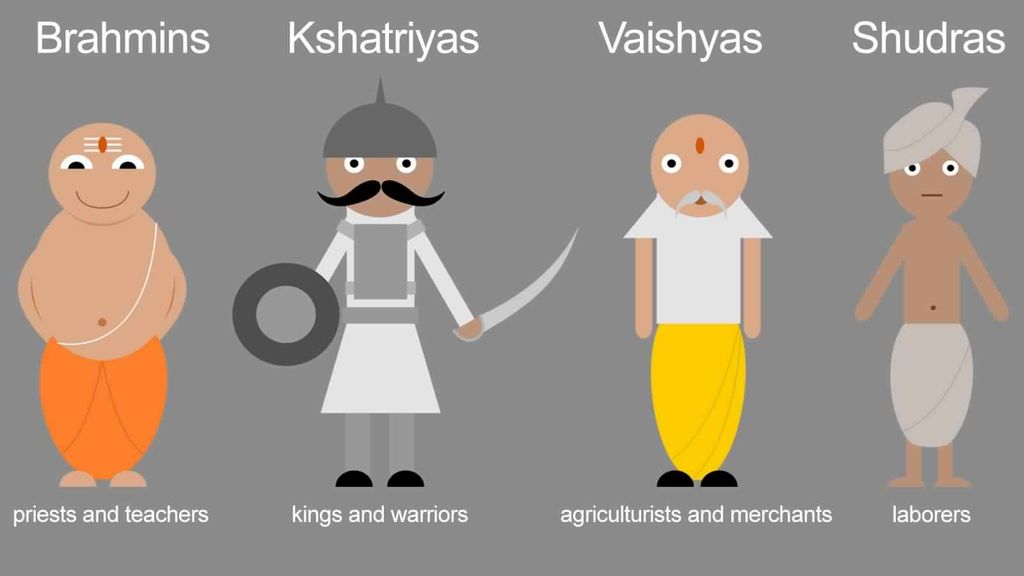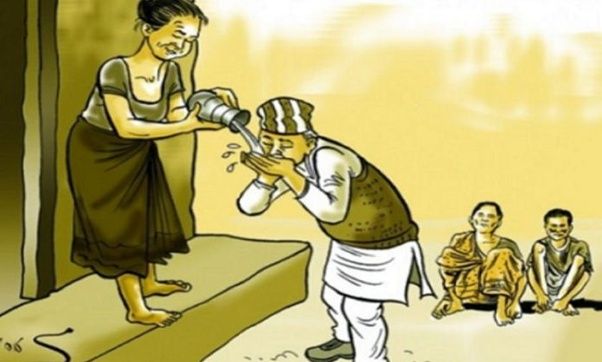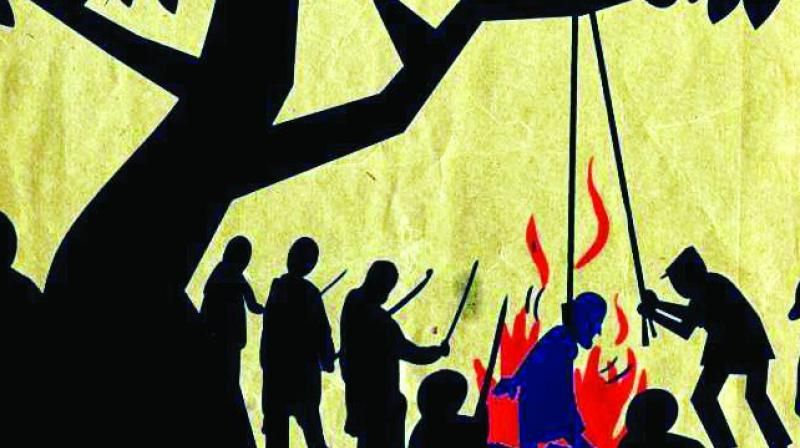Are We Still Fighting Untouchability?
Jun 28, 2019 • 79 views
Caste system in India divides the Hindus into four rigid hierarchical groups based on the karma and dharma of a person. India's caste system is one of the world's oldest forms of surviving social stratification.Untouchability is the direct outcome of the caste system.It is not merely the impotence to touch a human being because of them being from a certain caste or a sub-caste. It is the overall attitude on the part of a whole group of community that connect on a deeper psychological and cerebral process of thoughts and beliefs, completely invisible to the naked eye, translated into various physical and cultural acts and behaviours, norms and practices.

Untouchability is present in every sector of life and is practiced in an infinite number of manners.At the elementary level Dalits are not allowed to use wells which are essentially used by non-Dalits, They are forbidden from going to the barber shop or any kind of shop for that matter and also from entering temples or any religious processions. At the sphere of job recruitment and employment Dalits are systematically paid much lesser than the average population, forced to do the menial work, and rarely ever promoted.There have been incidents where at school, dalit children have been asked to clean toilets and to eat separately.
As a product of casteism, Untouchability also instills caste status to children of the dalits, the moment they are born. Melo (dirty), Kachro (filth), Dhudiyo (dusty), Ghelo (stupid), Punjo (waste), Gandi (mad) are few of the names allotted to Dalit boys in Gujarat. Names with similar meanings are obviously given to Dalit girls as well. This shows theenervative and the debilitating effect of Untouchability,as it becomes a conscious act of cooperation between two individuals or two communities of distinct caste or sub-caste.

People served as untouchables submit themselves to untouchability practices because of the generational integrated belief that this malpractice is justified, religiously approved and natural. Untouchability is in this sense an after affect of the caste system, and the only way to eradicate it is to get rid of the caste system itself.If we focus on Untouchability, we ignore the root cause of the problem.
Should a Dalit break the rules laid out for them by the non-dalits, the entire Dalit community gets punished for the perceived individual transgression and this happens very frequently. Punishment often takes place in the form of denial of access to land or any form of employment; they are punished with physical attacks on Dalit women, and the burning down of Dalit houses. Despite having a clear record of violence against the Dalits, there have been numerous reports that police officials refused to register complaints where violations of the law has taken place, they have also failed to or rather refused to prosecute those responsible for the abuses. With little to no knowledge of their rights, extremely limited access to attorneys, and meager money for hearings or bail, Dalits are extremely easy targets for human rights violations and it continues to happen continually.

